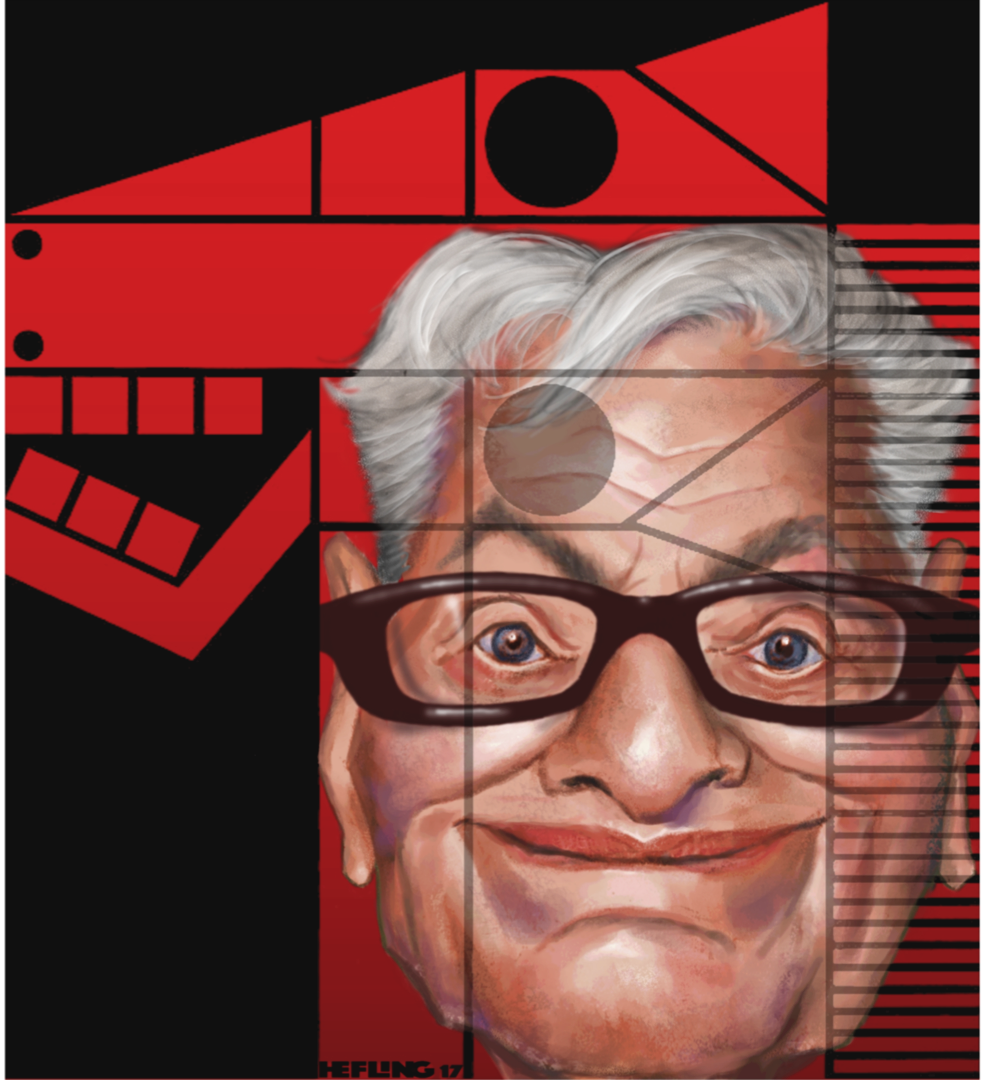EVERY SO OFTEN “something can happen that’s outside the rules, that doesn’t relate to The Way the Game Is Played,” Stevie concedes to her husband of 22 years in Edward Albee’s black comedy The Goat, or Who is Sylvia? (2002), after Martin confesses to her that even though he continues to love her, he’s fallen in love with a goat. Her concession also sounds an ominous warning inasmuch as, before the play is over, Stevie will—with the fury of one of the avenging Eumenides mentioned in the play—kill the goat and dump its bloody carcass at her husband’s feet.
Similarly, in Peter Shaffer’s Equus (1973), a teenage boy stands naked for hours in the dark, his face pressed against the “sweaty brow” of the horse on whom he climaxes during a surreptitious midnight ride, the naked teenager and horse reminding the boy’s therapist of “a necking couple.” Alan is being treated by Dr. Dysart for having blinded six horses, the chief of which had come to represent in the boy’s mind an all-seeing god who harshly judges the boy’s adolescent sexual impulses. Shaffer’s play concludes with the psychiatrist “sacrificing” the boy to “the god Normal,” ensuring that Alan will live an uneventful adult life in strict conformity with society’s expectations, never knowing real passion again.
The recent passing of gay playwrights Peter Shaffer (1926–2016) and Edward Albee (1928–2016) reminds us how vital a role theater has played in challenging late 20th-century social conventions regarding love and sexual desire. Both authors built their plays around moments that challenge audience members’ awareness of the way in which social games—the pursuit of success, the search for love, the performance of gender—are played. In the process, Shaffer and Albee radically altered theatrical conventions—that is, the way that theater games are played.







